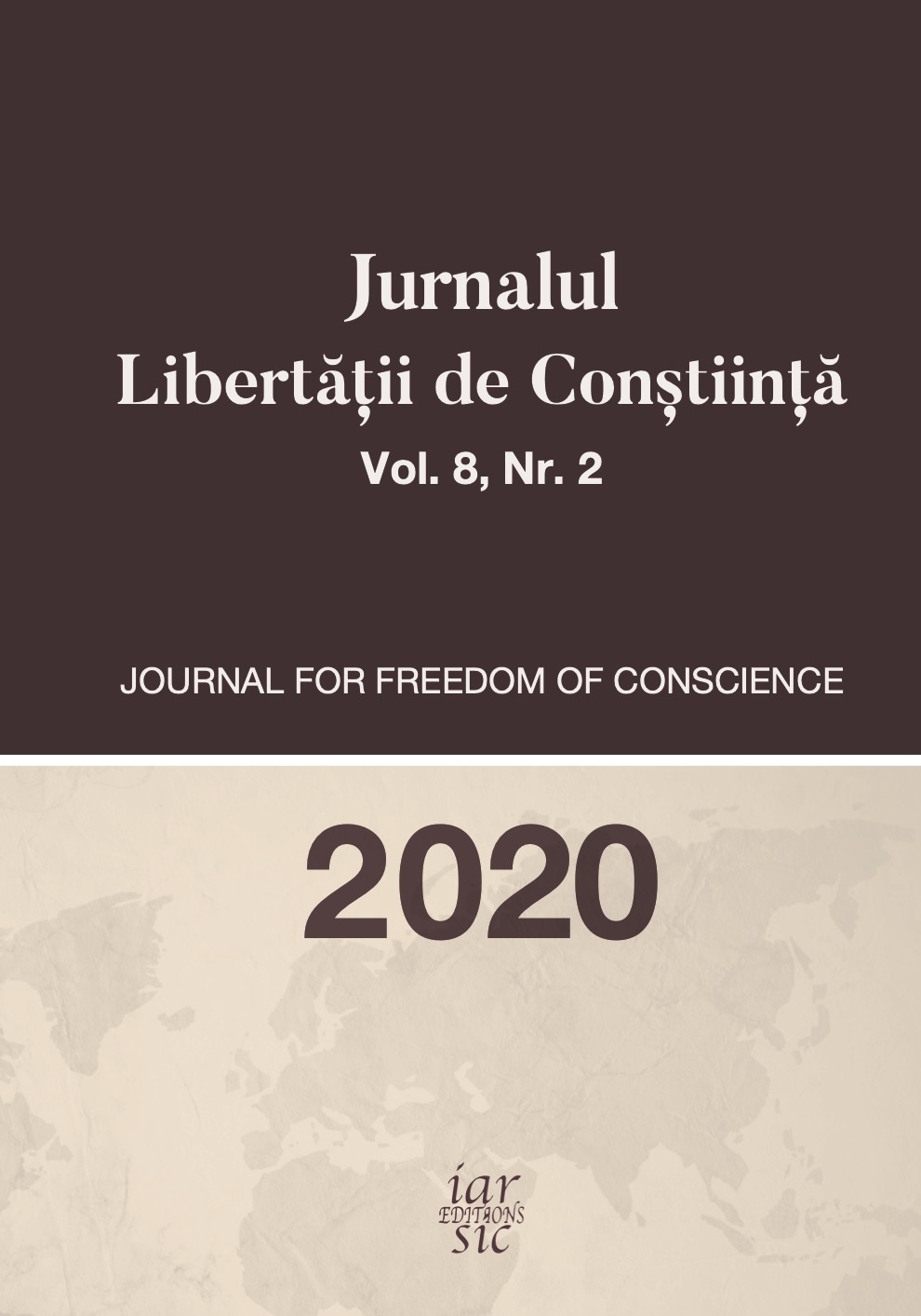NELSON MANDELA – UN MODEL AL RECONCILIERII CA EXPRESIE A INTEGRITĂȚII ȘI LIBERTĂȚII DE CONȘTIINȚĂ
Nelson Mandela - A Model of Reconciliation as an Expression of Integrity and Liberty of Conscience
Author(s): Mihail CiopașiuSubject(s): Politics / Political Sciences, Political Theory, Politics and religion
Published by: Editions IARSIC
Keywords: Apartheid; Reconciliation; Faith; Integrity; Image of God; Love; Forgiveness; Liberty of Conscience;
Summary/Abstract: Nelson Mandela is one of the most appreciated political leaders of the last century, who fought for human dignity and for the reconciliation between the black and the white people in South Africa. After almost fifty years of the domination of Apartheid, the society was very divided, and many people suffered from racial discrimination. Even though Mandela faced 27 years of detention in this regime, he was prepared to change the society though his personal example and his policies. The way he forgave his former opponents and his model of reconciliation after becoming South Africa’s president, made Mandela a model of forgiveness, reconciliation and hope. Many people question what the pillars of Mandela’s policies were and whether the Christian values stood at the base of his approach. If his faith was the source of his public policies, why was Mandela so reluctant in publicly affirming his faith? This article is examining these questions based on Mandela’s affirmations, what his closest collaborators mentioned about him, and analyzing some of the biographies written about Nelson Mandela.
Journal: Jurnalul Libertății de Conștiință
- Issue Year: 8/2020
- Issue No: 2
- Page Range: 412-424
- Page Count: 13
- Language: Romanian

